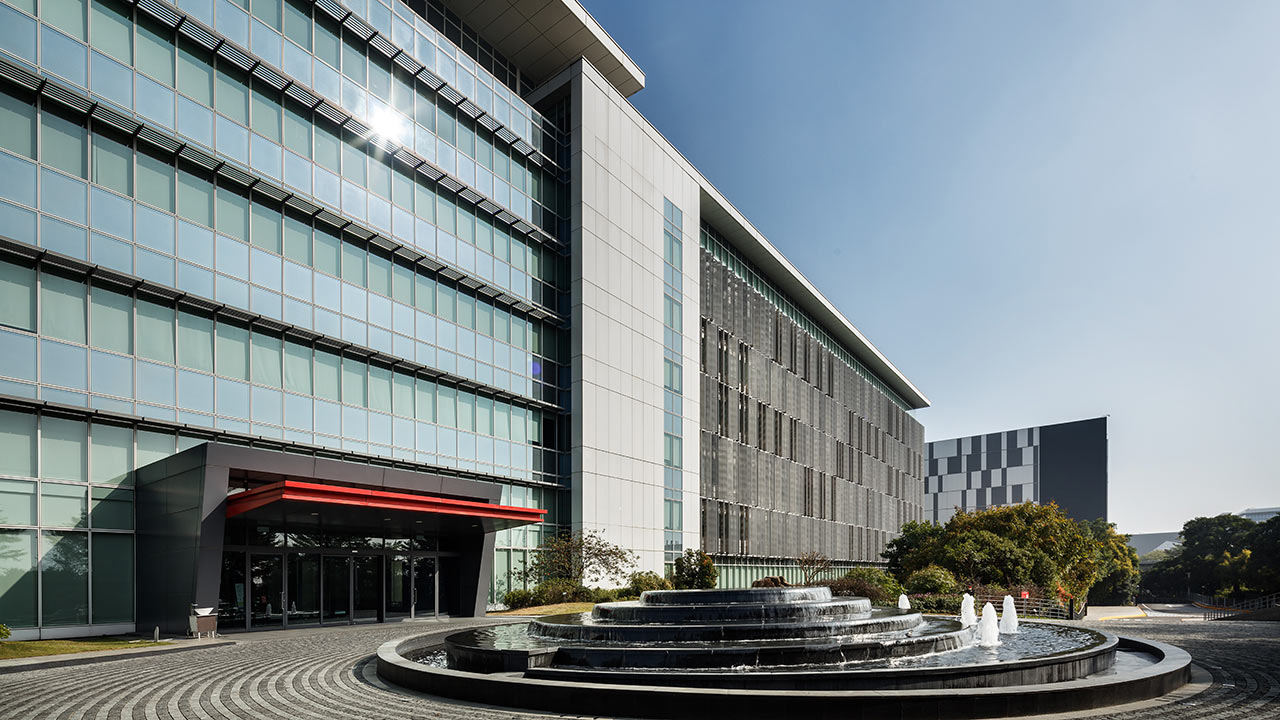TSMC and Arizona labor unions come to agreement, fab construction back on track
TSMC made some compromises.

The feud between TSMC and the local Arizona workforce, backed by a group of labor unions, is finally coming to an end as the two reach an agreement concerning the construction of Fab 21 in Arizona, Bloomberg reports. The agreement commits TSMC to rely much more heavily on local laborers and to invest in training programs and workplace safety.
Initially expected to begin production in early 2024, construction delays forced TSMC to revise Fab 21's completion date to 2025. TSMC decided it needed to send Taiwanese workers to get the project back on track, charging that the local Arizona workforce wasn't skilled enough, which irritated the local population. One union leader was especially irritated over TSMC's claim, saying it was "offensive" and "inaccurate."
To resolve this conflict, TSMC has agreed to only send foreign workers with "specialized experience" if it's necessary, and would otherwise rely on the local workforce. That presumably means the company won't be sending more, if any, of its foreign workers to Fab 21, especially considering the 500 that TSMC already assigned to the project was enough to ignite a half-year conflict.
The agreement also includes the institution of training programs and increased transparency on workplace safety. A new committee will be responsible for overseeing that these measures are enacted effectively, in addition to determining how many workers will be necessary to complete Fab 21. It's not clear at this time who gets to be on this committee however.
In the days leading up to this agreement, TSMC chairman Mark Liu discussed how he and his company were learning how to get along with not just workers from Arizona, but America more generally. He noted that TSMC as one of Taiwan's most prestigious companies isn't really used to criticism, which has been doled out more generously in America, especially since TSMC is seeking public funding through the CHIPS Act.
Liu however has come to embrace this criticism, saying "not being criticized is the biggest enemy of engineers." His conciliatory attitude presumably helped smooth things over with the unions. Of course, ensuring that his company would get CHIPS Act funding was probably a key reason why Liu was so open to compromise. TSMC's budget for Fab 21 is in the tens of billions of dollars, and offsetting that with a slice of the $100 billion funds from the CHIPS Act is definitely in TSMC's interest.
Stay On the Cutting Edge: Get the Tom's Hardware Newsletter
Get Tom's Hardware's best news and in-depth reviews, straight to your inbox.
Matthew Connatser is a freelancing writer for Tom's Hardware US. He writes articles about CPUs, GPUs, SSDs, and computers in general.
